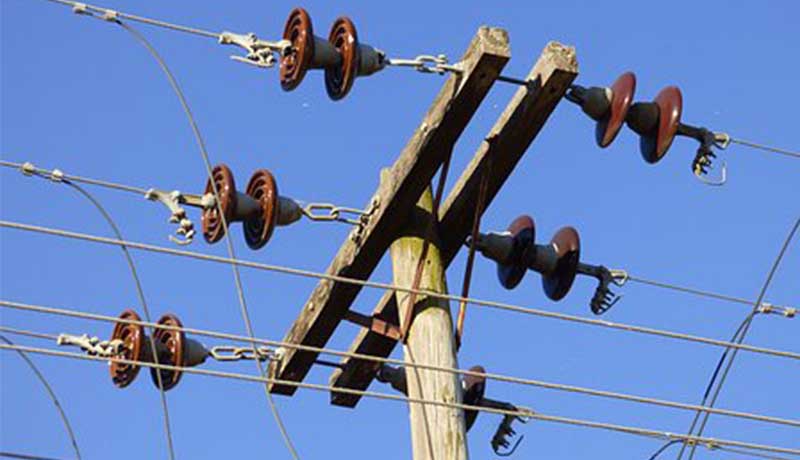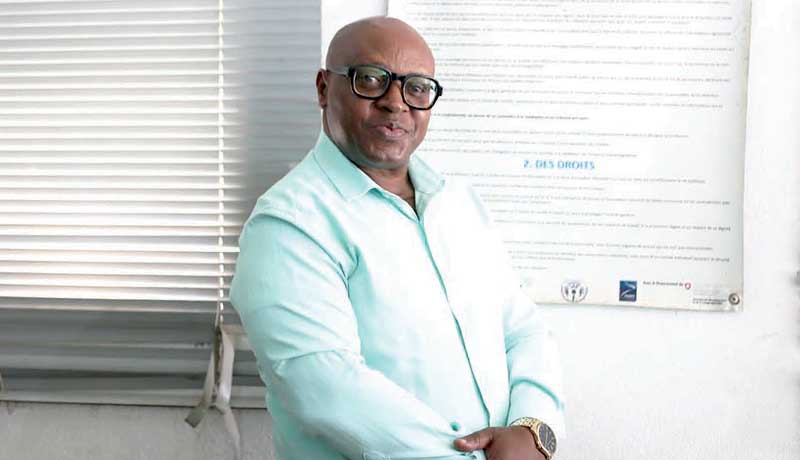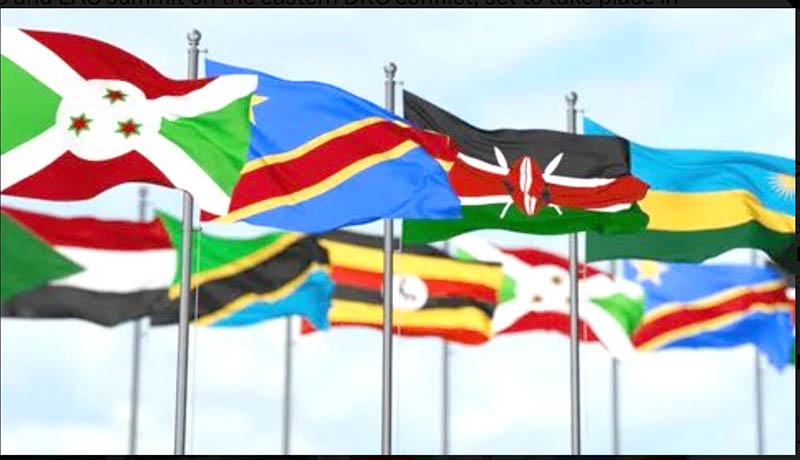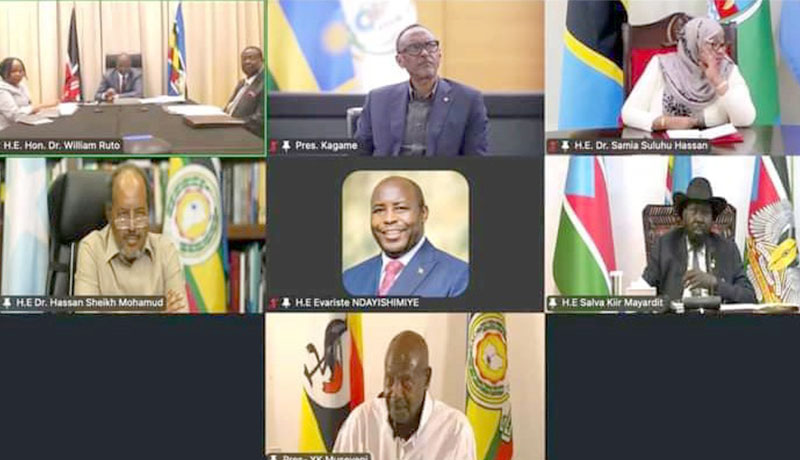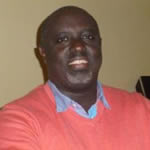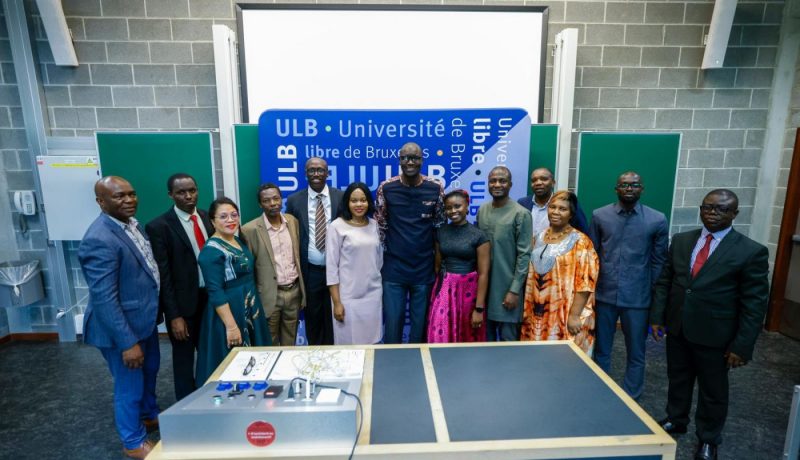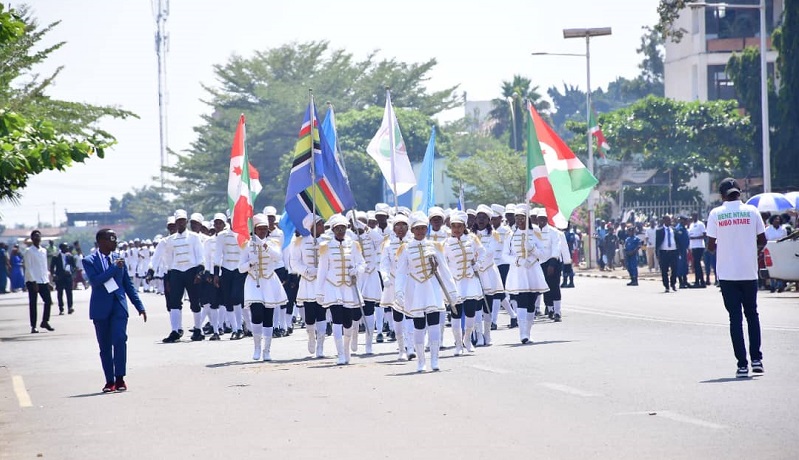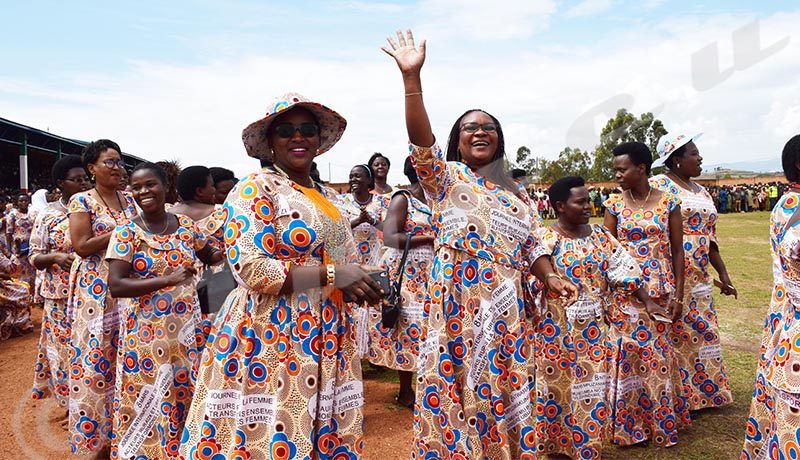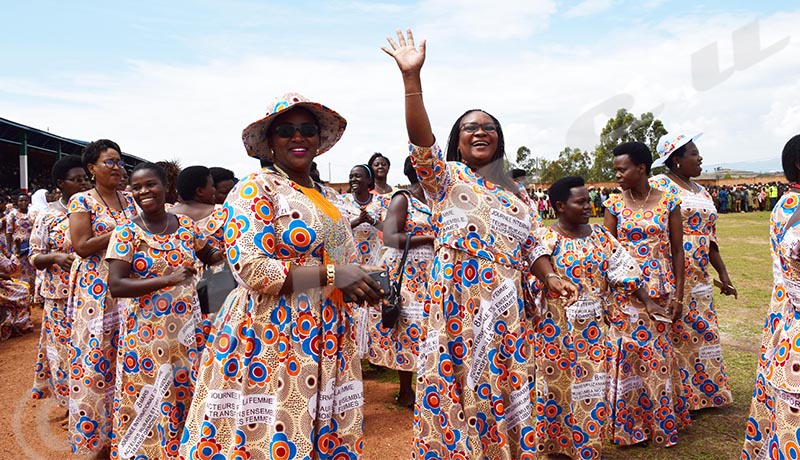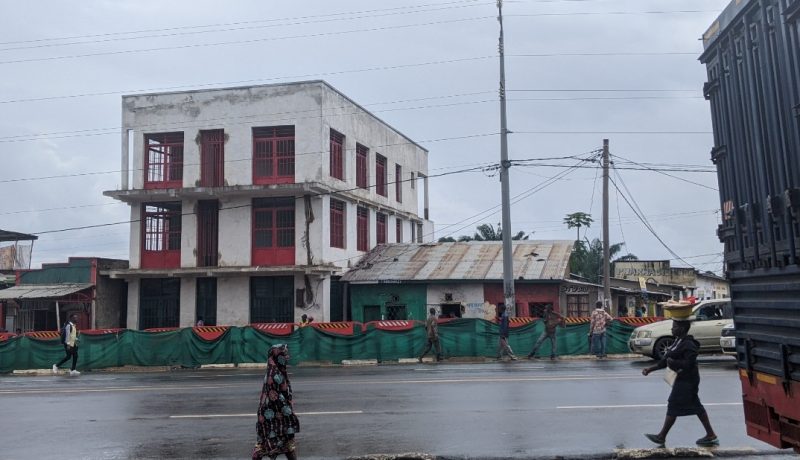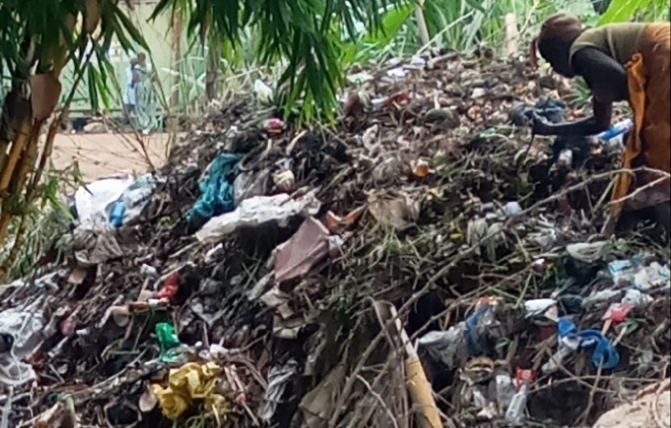As Kenya recovered from the violence that followed the 2008 elections, people who had witnessed atrocities often feared too much reprisal to testify. Kenya’s Witness Protection Agency, established in 2009 and officially launched in 2011, is hoping to change that.
“Witness protection is a critical factor that we must have if we have to deal effectively with organized crime in this country,” Kenya’s attorney general, Amos Wako, said at the official launch.
Uganda too is developing a law aimed at protecting those who witness crimes and atrocities. The law is currently in the draft stage.
At a conference held this past week in Bujumbura, delegates hoped that Burundi could become the third country in the EAC region to launch such a project.
Witness protection measures in Kenya, Uganda and other countries range from providing a witness with a round-the-clock security guard to relocating and changing the identities of a witness and his or her immediate family members.
“The judicial system depends on the willingness of witnesses to testify, but without protection they are threatened and sometimes killed,” says Jackie Akuno, a Ugandan legal expert involved in the drafting of Uganda’s legislation. In the absence of a legal framework in Uganda, she says witness protection is handled by the police and the courts on a case-by-case basis, with some success.
Jean-Marie Vianney Kavumbagu, spokesperson for Burundi’s National Independent Human Rights Commission, expressed hope that witness protection would be included in the EAC Plan of Action on Promotion of Human Rights. “The first obligation of government is to protect the public, and right now we still have prosecutors and witnesses afraid to go ahead with certain cases,” he says. He noted that in the absence of a witness protection program, some witnesses have been placed in prison for their own safety, regardless of whether they are suspected of a crime or not. “Prison is not a place of protection.”
“At a legal level there is no text (in Burundi) to protect people who are intimidated,” says Fatima Jumaine, a Bujumbura-based human rights lawyer. “I defend victims of torture and sexual violence, and victims often come to see us but they are subsequently afraid to testify, especially when people connected with the state are involved.”
Several delegates raised the problem of financing. According to an August 2012 report by the Institute for War and Peace, funding difficulties have led to gaps in witness protection services in Kenya. “Many of our institutions (in Uganda) have small budgets, but nothing is impossible,” counters Akuno.
“We are hoping that within the EAC, we will find a way to convince stakeholders of the need for a witness protection program and for a victim compensation system, as they have done in Kenya,” she adds.
The discussions come as Julius Rotich, the EAC deputy secretary general in charge of political federation, has stated that the “prevailing insecurity” caused by the threat of terrorism and organized crime is hampering regional integration efforts.
